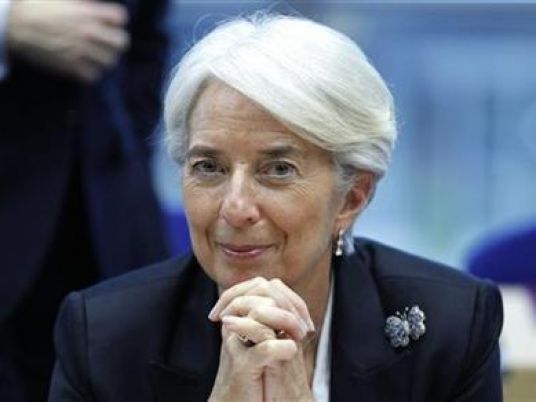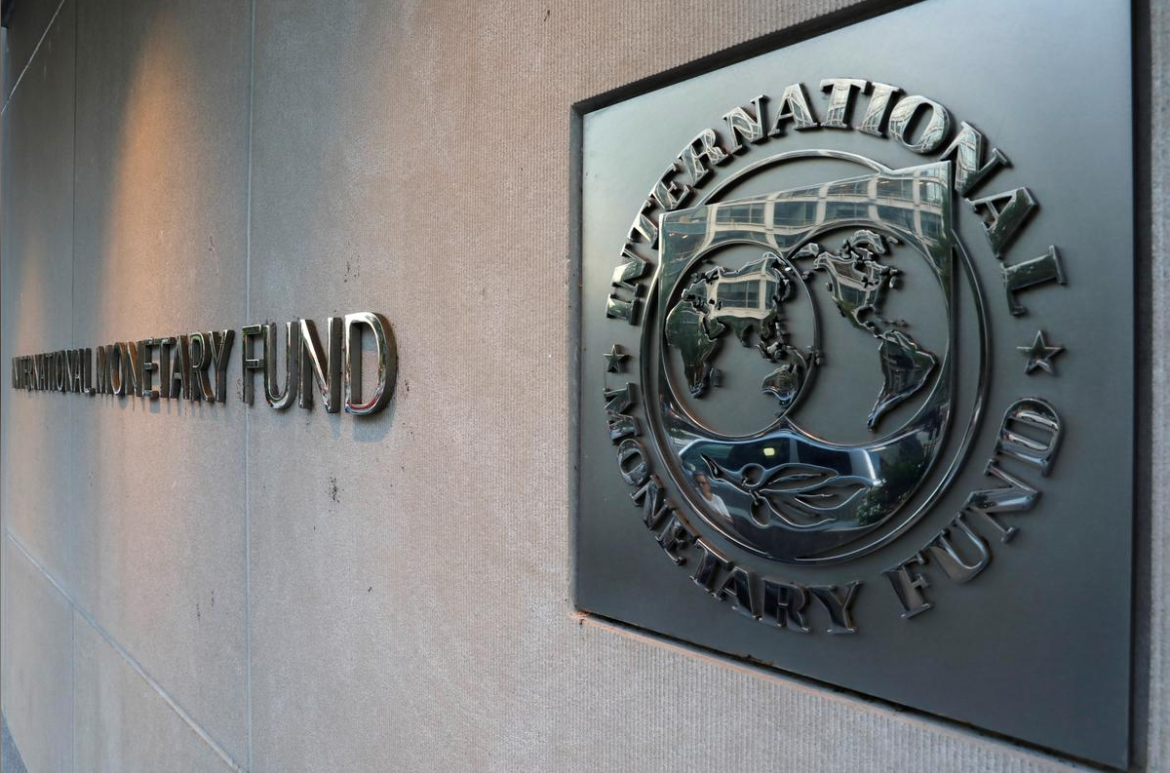
The International Monetary Fund lowered its forecasts for global growth over the next two years, warning Tuesday that weakness in most major economies will trump gains from lower oil prices.
The IMF downgraded projections it issued in October by 0.3 percentage point each, predicting global growth at 3.5 percent this year and 3.7 percent in 2016.
But even with those reductions, the world economy will be growing faster than in 2014, when the IMF estimates it expanded 3.3 percent. Much of the momentum is coming from an accelerating recovery in the U.S., the world’s largest economy.
China reported Tuesday that its economic growth slowed to 7.4 percent last year, the weakest expansion since 1990, compounding the challenges for the country’s communist leaders as they try to overhaul the economy.
Europe, Japan and Russia are also logging slower growth, while the U.S. is a rare bright spot.
“The recovery in the U.S. is quite strong and therefore it will continue, despite the appreciation of the dollar,” Olivier Blanchard, the IMF’s director of research, told reporters in Beijing in a briefing broadcast online.
The advanced economies are forecast to expand by 2.4 percent in 2015, a smidgen higher than earlier thought, and at the same rate in 2016. Growth in developing economies is forecast to slip to 4.3 percent from an estimated 4.4 percent in 2014, but then recover to 4.7 percent in 2016.
“New factors supporting growth— lower oil prices, but also depreciation of the euro and yen—are more than offset by persistent negative forces, including the lingering legacies of the crisis and lower potential growth in many countries,” Blanchard said.
Diminished expectations for many economies are discouraging investment, which in turn is undermining potential future growth, the report said. Blanchard described Russia’s outlook as “quite bleak” and said the slower growth in China would hurt nations it imports from, especially in Asia.
“The most obvious risks involve stagnation in the eurozone, or Japan, or both,” Blanchard said.
Massive monetary and fiscal stimulus have yet to trigger strong corporate spending in Japan, where companies are pessimistic about a rebound in consumer demand because of the country’s shrinking and aging population.
Still, the 55 percent plunge in oil prices in U.S. dollar terms since September is raising the purchasing power of consumers and businesses in Japan and many countries, while also raising demand among oil importers. It also reduces pressure on central banks to raise interest rates to cool inflation.
That presents a “complicated mosaic” of implications, Blanchard said, with some countries reaping windfalls in energy savings while others face smaller tax and export revenue.
Overall, weaker prices for oil and other commodities are sapping growth prospects for countries in the Middle East, sub-Saharan Africa— especially Nigeria and South Africa— and Latin America. China’s slowdown will stunt growth throughout developing Asia.



